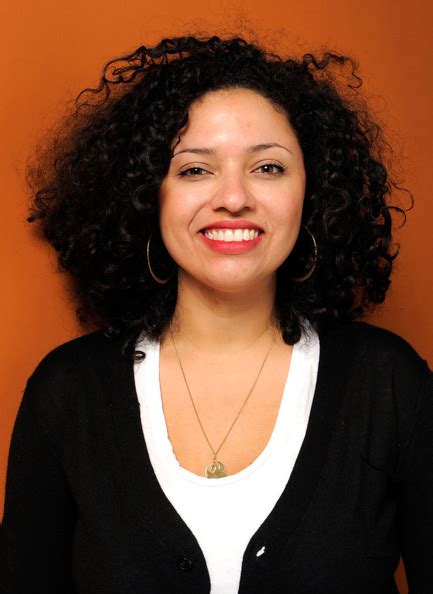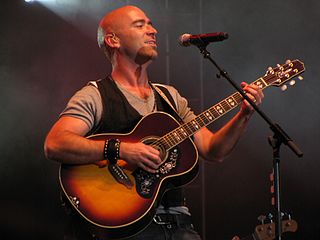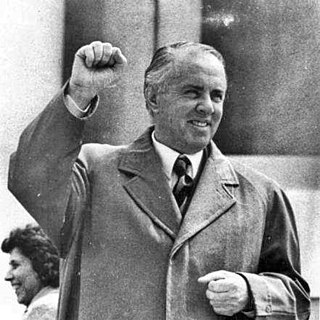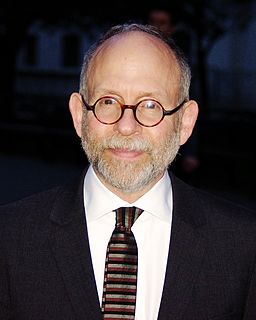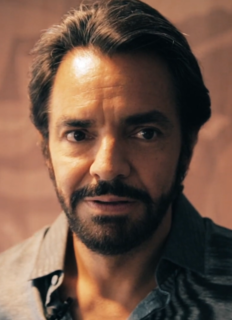A Quote by John Sayles
There were not fifteen people in the story department and twenty-five producers and stuff. And Roger had produced 1,000 movies and directed a couple of hundred, and their comments were always very, very specific.
Related Quotes
When I was fifteen I wrote seven hundred pages of an incredibly bad novel - it's a very funny book I still like a lot. Then, when I was nineteen I wrote a couple hundred pages of another novel, which wasn't very good either. I was still determined to be a writer. And since I was a writer, and here I was twenty-nine years old and I wasn't a very good poet and I wasn't a very good novelist, I thought I would try writing a play, which seems to have worked out a little better.
Loving people, and allowing yourself to be loved, was only worth the risk if the odds were in your favor, but they quite clearly weren't. There were about seventy-nine squillion people in the world, and if you were very lucky, you would end up being loved by fifteen or twenty of them. So how smart did you have to be to work out that it just wasn't worth the risk?
I also got to know Roger Corman a bit while we were on location in Mendocino. And then, subsequently, a woman who also worked on The Dunwich Horror named Tamara Asseyev and I teamed up and co-produced a picture that I wrote and directed, called Sweet Kill, that Roger Corman's then-new company distributed.
I have known a handful of producers who actually were equal or superior to the writers with whom they worked. These producers were a new kind of nonwriting writer hatched by the movies - as Australia produced wingless birds. They wrote without pencils or even words. Using a sort of mime-like talent, they could make up things like writers.
The sacrifices of our people were very great. Out of a population of one million, 28,000 were killed, 12,600 wounded, 10,000 were made political prisoners in Italy and Germany, and 35,000 made to do forced labour, of ground; all the communications, all the ports, mines and electric power installations were destroyed, our agriculture and livestock were plundered, and our entire national economy was wrecked.
There were 33,000 missing Hillary [Clinton] emails. Nobody could find them. She claimed she deleted them. She handed over 30,000 to the State Department. They had them. They analyzed them. There are 30,000 she deleted. But people claimed that they had them. Like Kim Dotcom and there were others, that claimed they knew where they were, but nobody could produce them.
My father writings stuff was always his personal stuff, like about the day we had to put our dog down, or finding old photographs of his father, or passing a guy he went to boarding school with on a street in New York. Very specific, detailed, descriptive columns that he wrote. I think in a way, it could be argued that my best songs are that way too. They're almost journalistic in that they're very clear, and very specific, and they describe things.






